Writing a Satisfyingly Self-Destructive Villain
Why, how, and 11 really good examples
Self-Destructive Villains: How and Why?
To introduce today’s topic—bad guys that essentially/effectively destroy themselves mwahaha—allow me to take you back to a very memorable episode of The Big Bang Theory.
In this episode, Sheldon finally gets his girlfriend Amy to watch Raiders of the Lost Arc, which she’s never seen. He watches her reactions the whole time, and at the end, enthusiastically asks her for her opinion, because wasn’t it the greatest thing she’s ever seen?
Her response is luke-warm. She says, yeah it was fine. Sheldon is aghast. What do you mean fine, he asks. Well, she says, it was great except for the glaring story problem. What are you talking about, Sheldon insists.
Indiana Jones plays no role in the outcome of the story, Amy says.
Without Indiana, the Nazi’s would still have found the arc. They would still have taken it to the island. They would still have opened it. They would still have had their faces melted off.
Sheldon is appaled. His jaw drops.
I have been thinking about self-destructive villains, because in the adult novel I’m working on, it’s the way I see my own villain’s demise. But I want to do it well. How do you make this kind of self-destruction satisfying?
Now, though Amy’s point is totally valid, I still think Raiders works because Indiana himself is a very proactive character, making choices, and trying. It’s not as if he’s just sitting back and allowing plot to happen around him. But here’s an important question we maybe need to tackle first:
Why write a self-destructive villain in the first place?
I actually have a really hard time with self-destructive protagonists. It’s why I can’t handle shows like Breaking Bad. I mean, why would you want to watch Mr. Chips become Scarface?? Isn’t that upsetting?1
But for villains? Antagonists? Well, I love a good self-destructive bad guy. The evil queens that fall off a cliff. The Gollums that follow the ring into the volcano, destroying the evil power in the process. (Smeagol’s story is still very sad, though).
I think I find this kind of ending satisfying, when done well, because at least in my worldview, this is the ultimate outcome of bad and evil. And not even in the sense of some arbitrarily given definition of good and evil, with rewards handed out accordingly. I actually don’t believe in deserving in that sense, either punishment or reward. I don’t see humans as divided into winners and losers, we’re simply loved and the universe is trying to help us and give us what we need. (More on that in a future post).
But I do believe in certain fundamentals of the universe (like that love), where some things are sustainable, and some just aren’t (like greed and hate). It’s like universe physics. So when bad guys destroy themselves, it’s satisfying not because it’s what they deserve, but because it’s the natural outcome. It’s just what happens in the sort of universe I believe in, like what happens when you pop a water balloon.
And after all, it’s what has happened to some of our worst real world villains.
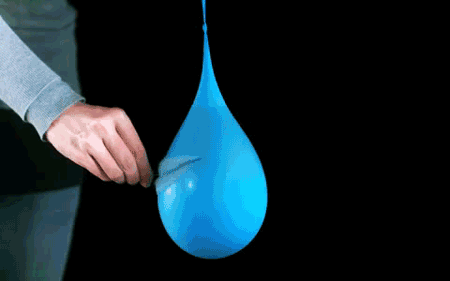
So how do we write satisfying self-destruction?
With this understanding of why it might be interesting to write self-destructive villains, the next question is how. Specifically, how do we write these types of villain demises in such a way that it doesn’t feel like cheating, like an undeserved deus ex-machina? And especially, how do we do this in a way that doesn’t make our heroes/protagonists look totally lame?
Now, here’s where I think Raiders actually does a fine job—while the ending is literally a deus ex-machina (God is right there in that machine), it’s not literarily a deus ex-machina. In other words, some all-powerful but until now uninvolved being doesn’t suddenly come down and save the day in a way they annoyingly could have done the entire time. That’s the kind of ending that is unsatisfying.
Instead, there have been hints about the not-understood power of the arc the whole time. Indy treats that power with respect the whole time, and tries to get everyone else to comprehend the necessity of treating it with respect too. And it’s the freaking Biblical Arc of the Covenant, for heaven’s sake. In other words, it’s not shocking to anybody but the Nazi’s that the power in that box is too much for them. So even though they bring about their own destruction, we’ve been watching them ignore the warning signs the entire time. So it makes sense when they destroy themselves.
So to make this work—and what I’m going to attempt to do in my current WIP—you need these things:
A proactive protagonist. Indy isn’t sitting on the sidelines. He’s still protaging, even though he doesn’t land the ultimate final blow in this case.
Build up and promises. The ultimate demise of the Nazi’s in Raiders doesn’t come as a surprise, because we’ve been promised the whole time that this arc is something special.
Villain hubris. The Nazi’s in this story aren’t dumb. They, too, know that there is power in the arc. They are aware of the risks. But they simply aren’t willing to see a world where they might be wrong.
What else do you think a self-destructive villain story needs in order to succeed?
And who are your favorite self-destructive villains?
Let’s look at some of my favorites :)
The Smorgasbord is a hand-kneaded, hand-shucked, reader supported publication. Honestly, it takes a lot of time and effort to get these interviews, articles, and resources put together. To keep it cooking, become a paid subscriber and get access to special publishing resources, video courses, and more!
11 Satisfyingly Self-destructive Villains
*spoilers, maybe?
1. The Skinjacker Trilogy, by Neal Shusterman
This is not only a great trilogy for readers in that weird liminal space between middle grade and YA, but it has one of my favorite self-destructive villain endings of all time.
2. Long John Silver, the muppet version:
Watching Tim Curry sail away in that rowboat so heavy laden with gold that it starts sinking is the perfect image of an antagonist literally being undone by their own greed.
3. The Wicked Witch of the West
Would Dorothy have thrown the bucket of water if the witch hadn’t set Scarecrow on fire? Well, would she?
4. We still love a sexy bad guy…
5. Benjamin Linus from Lost
I know so many people have thoughts about the ending of this show, but me personally? Well, let’s just say that 99.9% of the reason I watched was for this man right here, and his ending—being left alone outside the church, waiting for redemption after all the bad he’d done—was simply perfect.
6. Saruman
Of the various villains in LOTR, I think Saruman is the most satisfyingly self-destructive. He underestimated the forests he was ravaging. He overestimated his importance in Sauran’s plan. He mistreated his minions. A perfect recipe for a self-destructive ending.
7. Randall Flagg, The Stand
Look, Mr. Flagg. Bring that much bad together, watchu think is gonna happen?
8. Azula, Avatar: The Last Airbender
There’s some good villains unvillaining themselves all around in ATLA, but one of the most satisfying (and sad) is Azula. A perfect example of a baddie spiraling out of control.
9. Doc Ock, Spiderman 2
I cannot tell you how delighted I was when Alfred Molina came back as Doc Ock in the most recent Spidey movie. (Talk about sexy bad guys!). But as far as a self-sacrificingly self-destructive villain, Doc Ock is one of the best. I almost find the self-sacrificing reformed bad guy the most satisfying self-destruction option of all. (But then again, once they’ve sacrificed themselves, it’s hard to ever think of them as a real villain, isn’t it?)
10. Jafar
Jafar just can’t get no satisfaction. No power was enough, and now he’s stuck in an itty bitty living space.
11. Javert
One of the most well-written, amazing, human, heart-breakingly self-destructive characters2 in all of literature, not to put too fine a point on it.
How about you? Who are some of your favorite self-destructive bad guys?
Teachers, librarians, and homeschool parents, I would love to do a free virtual Q&A with your class or book group! If you’re interested in scheduling a visit you can reach out to me via my website. Let me know how I can support you! I’ve also got free classroom resources to accompany each book. You guys are rock stars!
Thanks for reading!
Thanks for coming along everyone! 1) Subscribe, 2) get a copy of the book bebes, and 3) keep glowing, you shining star you.
-Sarah
Links include Amazon Affiliate links where I may make a small commission.
I know, I know, that’s the whole point. Whatever.
I don’t know that I could ever call Javert a villain. He’s certainly Valjean’s antagonist, but man is he trying to do what is genuinely good. I know, I know, a lot of villains believe that about themselves, but give me this one. Javert is amazing, if completely misguided.




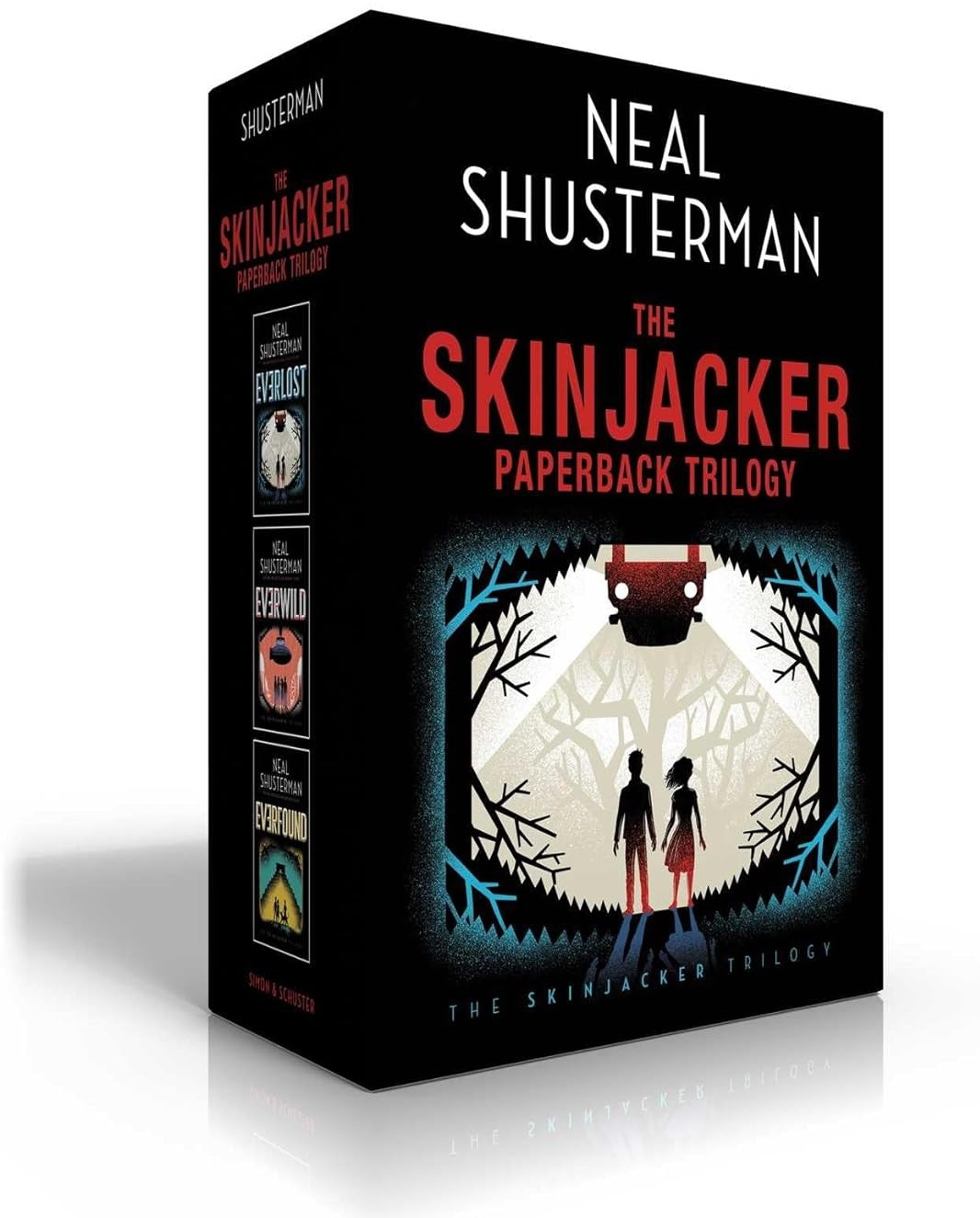
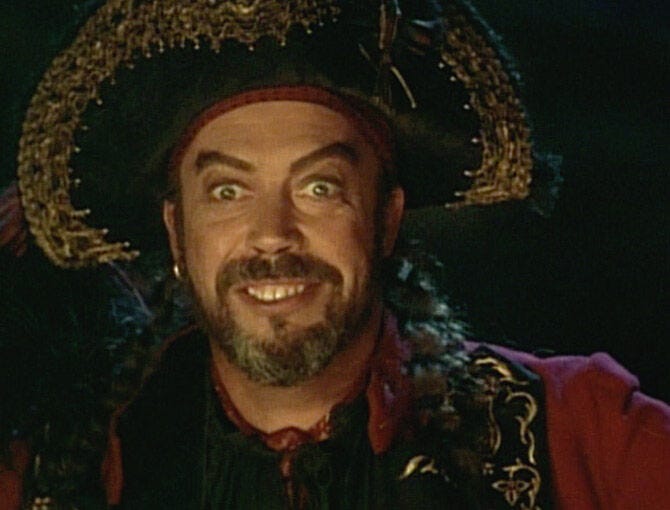
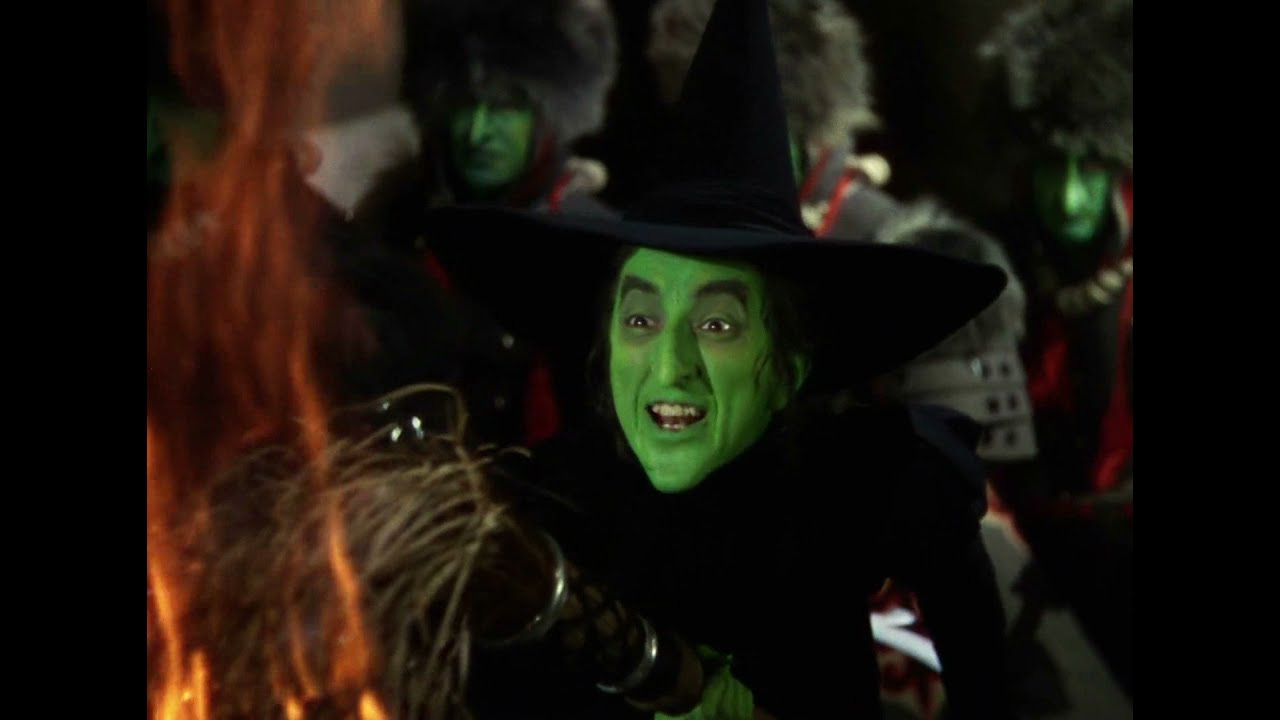
![No Spoilers] Sarah's Scribbles nailed this sub's love for Silco : r/arcane No Spoilers] Sarah's Scribbles nailed this sub's love for Silco : r/arcane](https://substackcdn.com/image/fetch/$s_!zqY-!,w_1456,c_limit,f_auto,q_auto:good,fl_progressive:steep/https%3A%2F%2Fsubstack-post-media.s3.amazonaws.com%2Fpublic%2Fimages%2Fb21569dd-ce33-4961-9b53-1efaff98ad6a_503x525.jpeg)
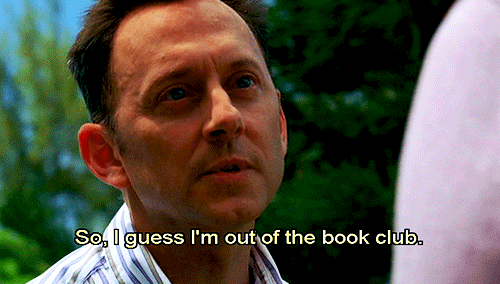
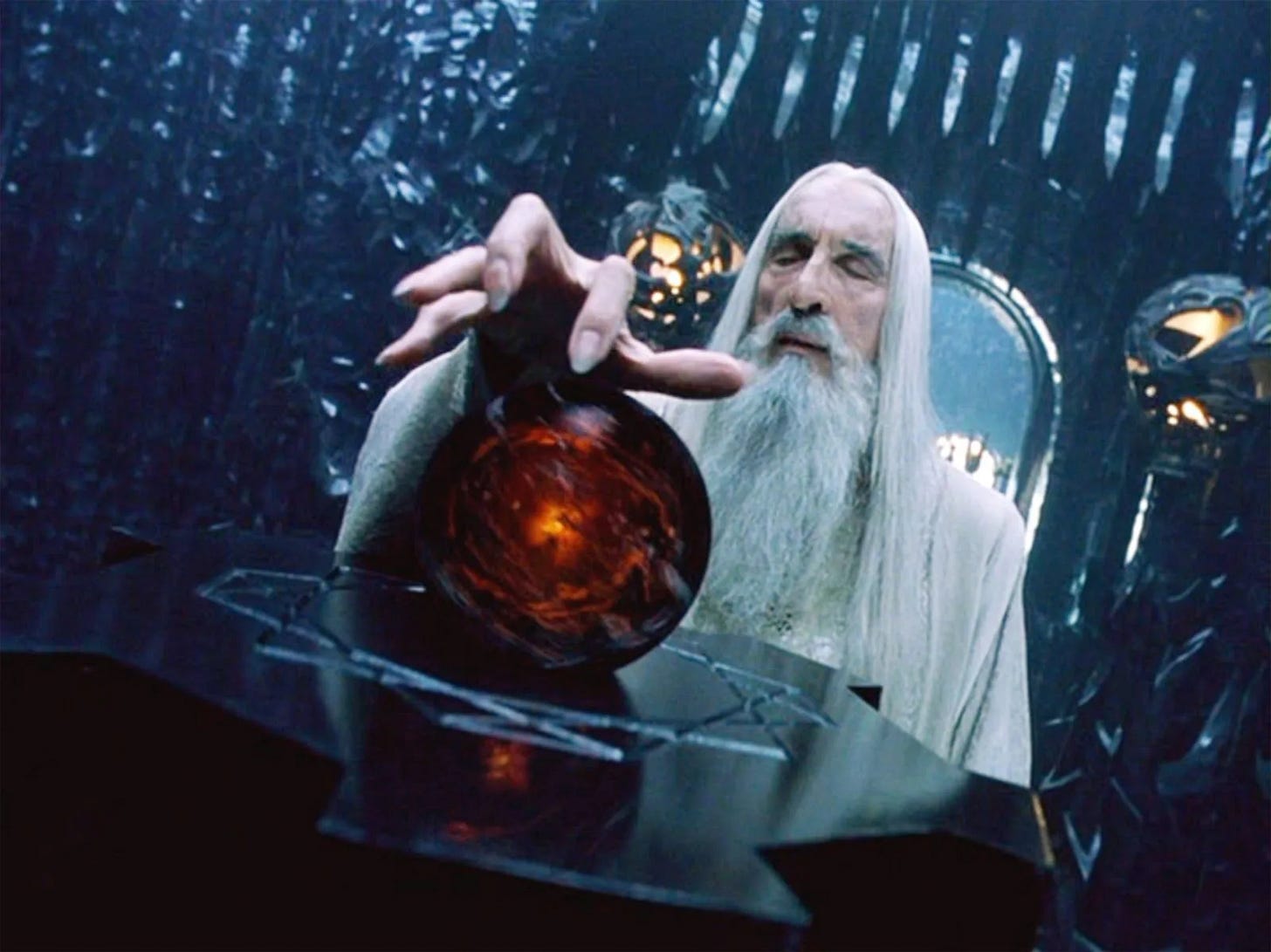
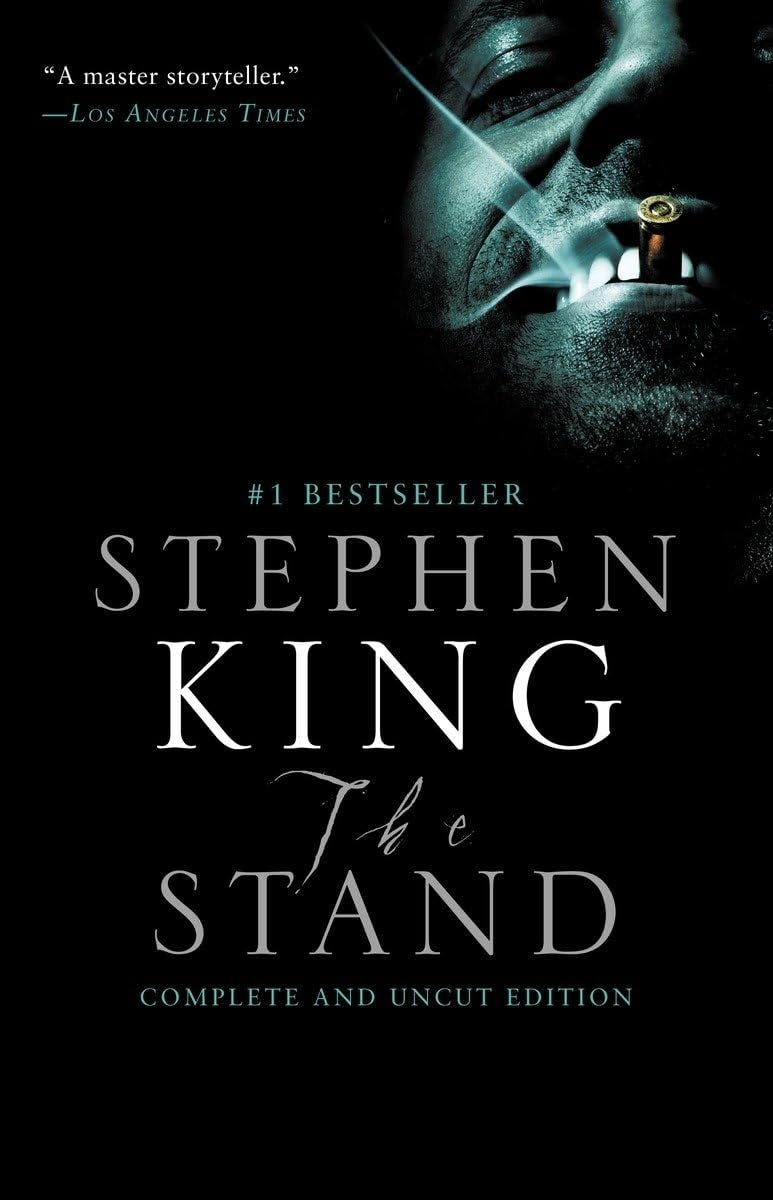

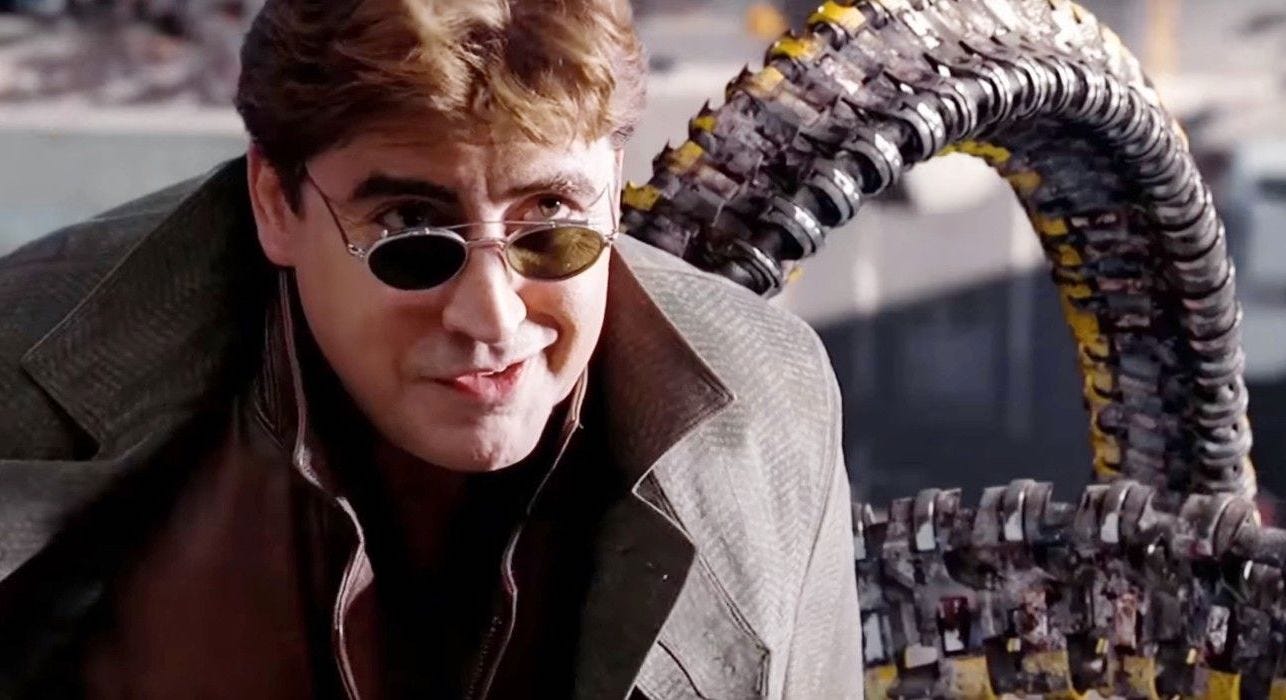
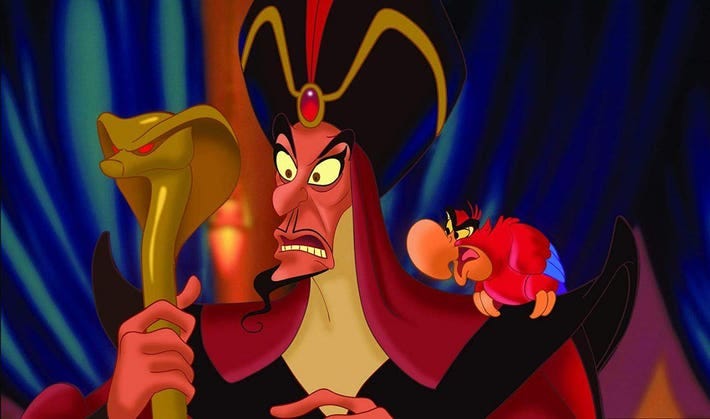
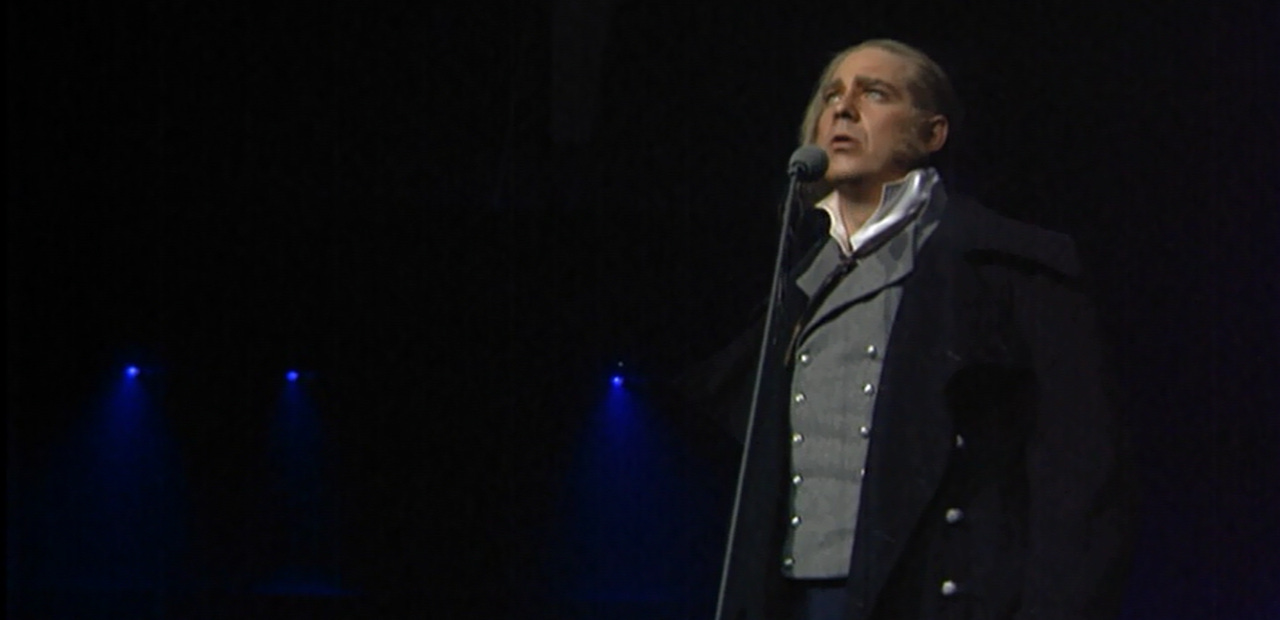
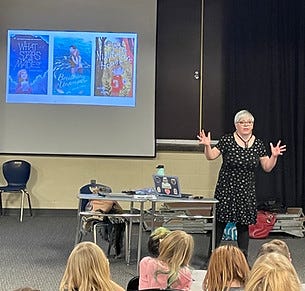
A great many other fictional villains are brought low by hubris, though it doesn't always lead to their end, self-destructive or otherwise.
So good, Sarah! This line: “ I don’t see humans as divided into winners and losers, we’re simply loved and the universe is trying to help us and give us what we need.”
I love a well-written, complicated antagonist- and yes, Javert is so good bc he’s wrong but can’t see it! Scarlet O’Hara is fascinating. I love her grit and beauty and intelligence but she’s so destructive and becomes her own worst enemy…
Good luck with that adult novel…